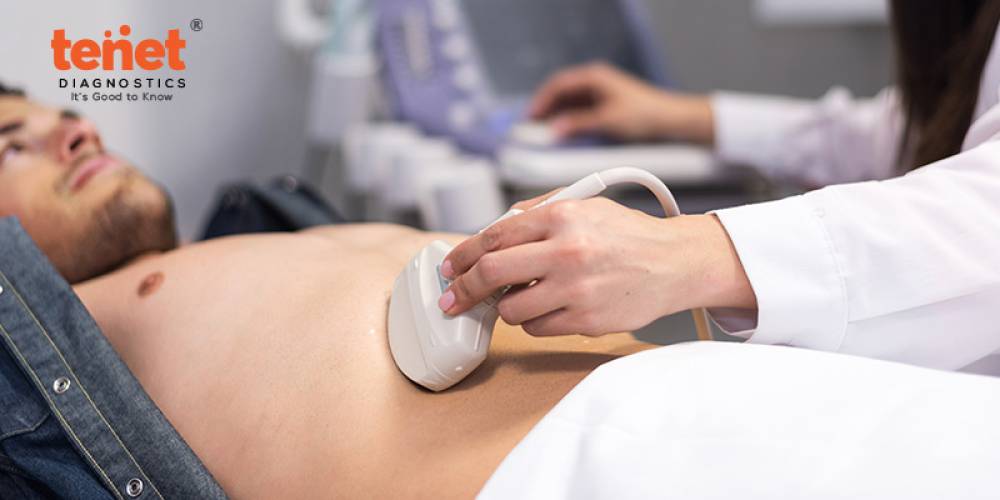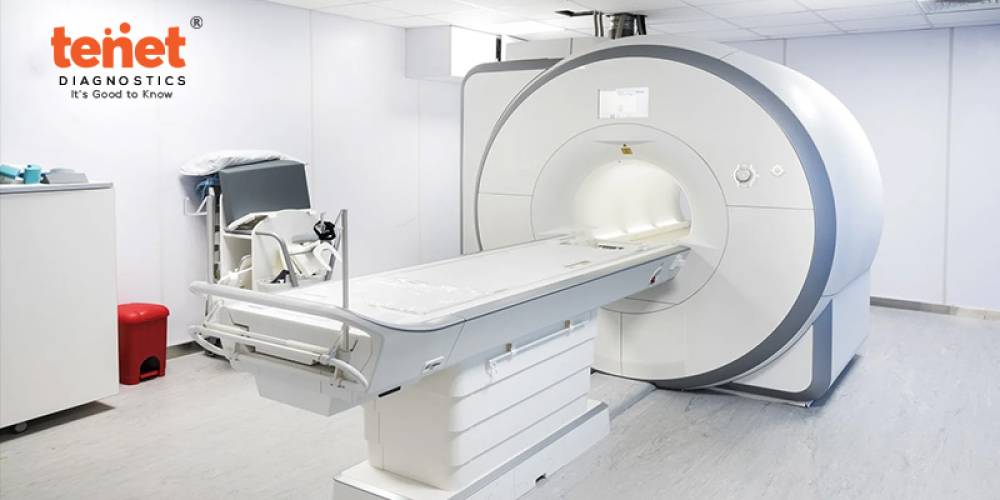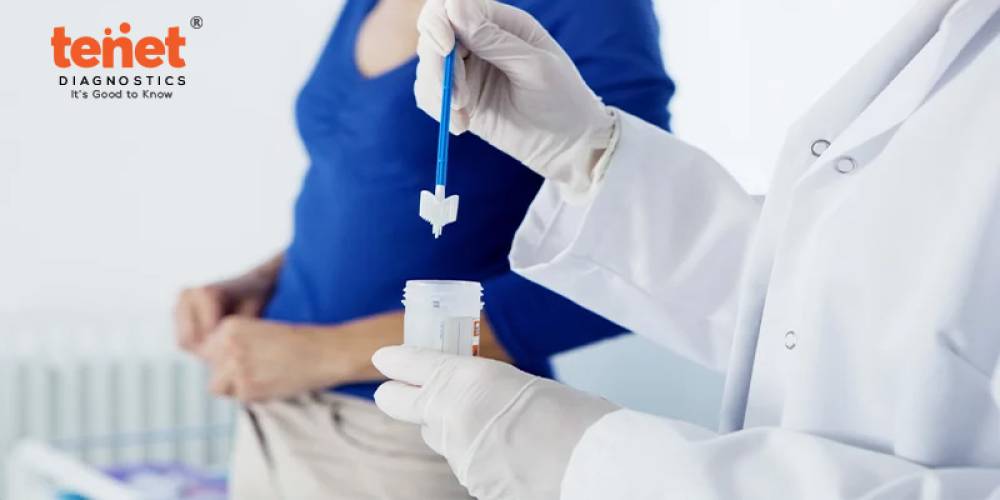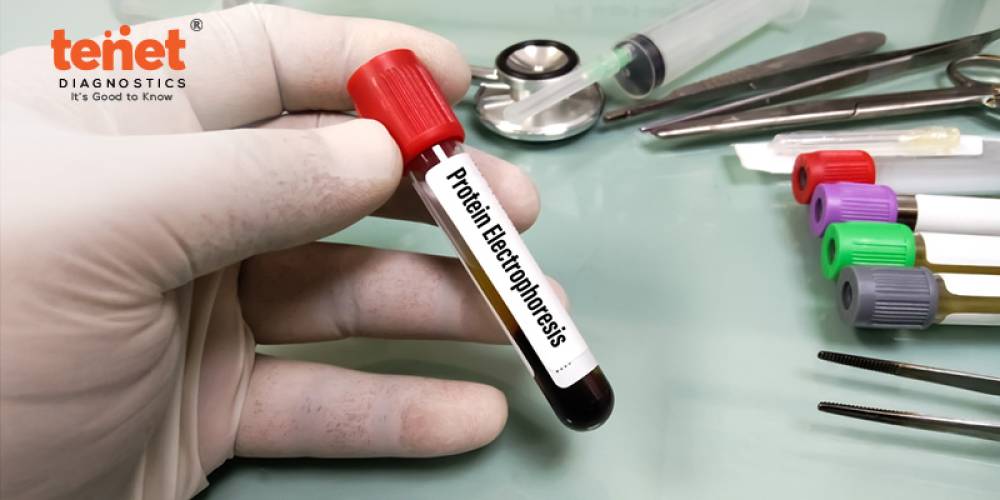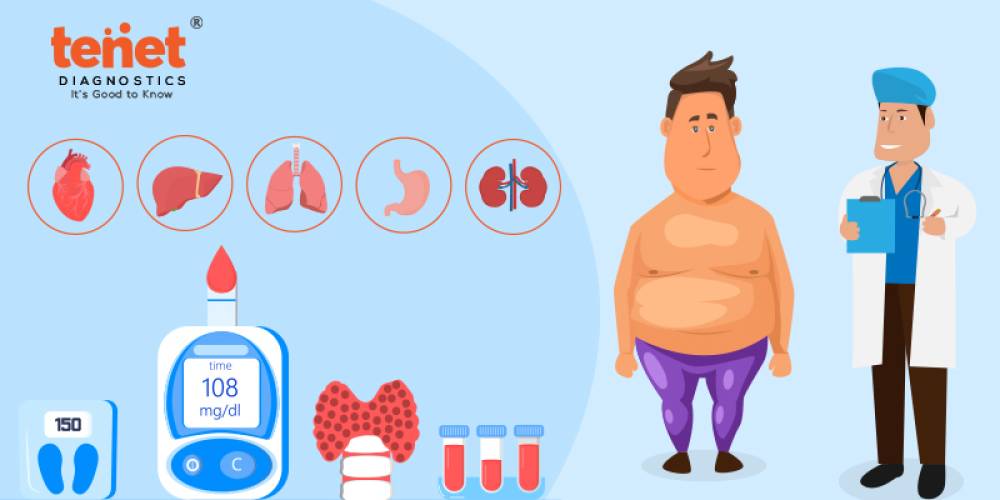Polycystic Ovary Disorder, often referred to as PCOD or Polycystic Ovary Syndrome (PCOS), is a widespread hormonal imbalance affecting women in their reproductive years. This condition disrupts the expected levels of reproductive hormones, resulting in irregular menstrual cycles, difficulties with fertility, elevated androgen levels, the development of numerous small cysts on the ovaries, and various associated health concerns. Studies show that approximately 13% of the world's population is affected by this common disorder, PCOD, and nearly 70% of cases remain undiagnosed. Often, the biological and psychological effects of PCOD, causing obesity, body image and infertility, can indirectly lead to mental health challenges and social stigma. PCOD profile tests can easily detect the common syndrome in young women and provide a path for easy recovery.
PCOD Vs. PCOS – Are They Really Same?
While the names may sound similar, there is a distinction between PCOS (polycystic ovarian syndrome) and PCOD (polycystic ovary disorder). In PCOD, the ovaries release immature eggs, leading to hormonal imbalances, swollen ovaries, and various symptoms. On the other hand, in PCOS, endocrine issues prompt the ovaries to produce excessive androgens, making eggs susceptible to forming cysts. Unlike in PCOD, these cysts do not get released; instead, they accumulate within the ovaries. Despite the differences, both share a lot of symptoms, including weight gain, infertility, acne, and irregular periods. Additionally, PCOS can heighten the risk of heart disease, strokes, and diabetes, while also causing sleep apnea, disrupting the body's ability to breathe during sleep, and ultimately causing a highly disturbed sleep cycle. Due to the absence of ovulation, the uterine lining builds up monthly, potentially increasing the risk of endometrial cancer. With the help of accurate diagnosis and PCOD profile test, you can identify the right syndrome and get medical assistance accordingly.
PCOD Profiling – Early Signs, Symptoms, and Potential Risks
The precise cause of PCOD remains unclear. A significant number of women with PCOD experience insulin resistance, indicating the body's reduced ability to effectively use insulin. Elevated insulin levels in the body may contribute to higher androgen levels. Additionally, obesity can exacerbate insulin levels, worsening symptoms of PCOD. There is also a familial aspect to PCOD, with instances of the condition often running in families. It is not uncommon for sisters or even a mother and daughter to both have PCOD. The early signs and symptoms of PCOD vary among individuals. The severity of the syndrome plays a significant role in the variation of symptoms. For example, women may experience menstrual irregularities, fertility challenges, or a combination of both, depending on the extent of the condition. Men can also have PCOS; however, due to the lack of ovaries, their symptoms are directly connected to the reproductive system, as per some research. In addition to hormonal and metabolic irregularities, male PCOS is identified by premature androgenetic alopecia (baldness), hypertrichosis (excessive hair growth anywhere on the body), or acne. Men exhibiting symptoms akin to PCOS face an elevated risk of developing cardiovascular and metabolic disorders.
Other symptoms include
- Irregular, infrequent, heavy or no periods at all
- Difficulty getting pregnant due to improper ovulation of ovarian eggs
- Above-average ovary size
- Multiple cysts formation on the ovaries
- Thinning or loss of hair (Alopecia)
- Excess hair growth on face, chest, buttocks or back (Hirsutism)
- Oily skin or acne on face and body
- Skin tags or small pieces of excess skin on the neck or armpits
- Development of darkened skin patches (Acanthosis Nigricans)
- Weight gain
- Depression
- Anxiety
- Mood Changes
- Sleep disorder
- Infertility
- Erectile dysfunction in men
What is a PCOD Test?
Hormonal imbalances are increasingly prevalent in contemporary times, with numerous underlying causes that can have adverse effects, particularly on women's health. In women, this imbalance can lead to the production of multiple immature eggs by the ovaries, culminating in the formation of cysts, a condition known as polycystic ovarian disease or PCOD. PCOD manifests as a cascade of multiple symptoms, necessitating various diagnostic tests for confirmation, commonly including ultrasound and blood examinations. The PCOD profile test is pivotal for identifying hormonal imbalances and potential indicators of Polycystic Ovary Disorder. This diagnostic assessment entails the examination of specific hormones and metabolic indicators. By detecting abnormalities or irregularities in these markers, healthcare professionals can confirm the presence of PCOD and customize suitable treatment strategies for individuals affected by this condition.
The PCOD profile test list encompasses a range of blood tests, such as
- Evaluation of female hormones, including luteinizing hormone (LH), follicle-stimulating hormone (FSH), and estrogen.
- Assessment of thyroid-stimulating hormone (TSH) levels to exclude thyroid disorders.
- Measurement of male sex hormones like testosterone.
- Testing for human chorionic gonadotropin (HCG) hormone to eliminate the possibility of pregnancy.
- Fasting plasma glucose (FPG) test to rule out insulin resistance.
PCOD Profile Test Procedures – Parameters of Measurement
PCOD manifests as a cascade of diverse symptoms, and PCOD profile blood test assesses the following parameters:
- LH Test: This measures LH levels, crucial for normalizing the menstrual cycle. LH is released between the 14th and 21st days of the cycle, and elevated levels may indicate PCOD.
- FSH Test: FSH and LH levels are typically equal in young, fertile women. FSH stimulates ovarian follicle formation, and low FSH levels might suggest PCOD.
- Androgen Test: This evaluates testosterone levels in females, with healthy women having trace amounts of testosterone. Elevated levels may indicate PCOD.
- TSH Test: Assessing thyroid function is essential, as PCOD is common in individuals with thyroid disorders.
- FPG (Fasting Plasma Glucose) Test: This measures glucose levels after overnight fasting. Elevated levels suggest insulin resistance, a condition associated with PCOD and diabetes susceptibility.
- HCG Test: This measures HCG hormone levels, which increase during pregnancy.
*Tests marked with an asterisk are performed because thyroid disorders and insulin resistance share symptoms with PCOD. Furthermore, these conditions are interrelated, and diagnosing them is crucial before confirming a PCOD diagnosis. The acceptable range of a PCOD test result would include:
| Test | Normal Range |
| LH & FSH test | 1:1 normal ratio of FSH:LH |
| SERUM TESTOSTERONE | 15-70 ng/dL |
| FREE TESTOSTERONE | 1.3-9.2 pg/mL |
| FASTING BLOOD GLUCOSE | < 100 mg/dL |
| HCG | < 5 mIU/mL in females who are not pregnant. |
| PROGESTERONE | 5-20 ng/mL |
Typically, a PCOD profile test procedure requires a normal blood sample. Overnight fasting is mandatory to test plasma glucose. A single early-morning sample is sufficient for conducting all the tests. However, for the FSH test, the required sample is collected on the 3rd day of the menstrual cycle.
Who Should Get a PCOD Profile Test – Check Your Eligibility
PCOD presents a range of signs and symptoms, and some are particularly noteworthy. If you are experiencing any of these indicators, it is advisable to consult your doctor and undergo testing to ascertain if you have PCOD. Common manifestations in women with PCOD include:
- Irregular or absent menstrual cycles
- Excessive facial hair growth
- Elevated acne
- Sudden weight gain leading to obesity
- Skin darkening in areas such as the neck, groin, and underarms
- Rare instances of anatomical changes in the vagina, like clitoral enlargement
PCOD Profile Test – Other Information to Consider
PCOD profile test price usually ranges between ₹1,449 - ₹1,599 in India. It requires 8-10 hours of fasting. You can expect reports within 15 hours of testing. Search for the ‘best diagnostic center near me’ and get your tests done from authentic labs to prevent any damage or contamination of reports. Furthermore, there are other benefits of doing PCOD profile test in Hyderabad, such as:
1. Cutting-edge Diagnostics
Incorporating contemporary best practices in radiology and pathology while emphasizing exemplary hospitality, quality, and consistent services for patients.
2. Comprehensive Radiology & Pathology Services
These centers serve as a convenient one-stop solution, encompassing both radiology and pathology services for a convenient one-stop solution.
3. Innovative Reporting
Formulating comprehensive health graphical comparison reports for past and present tests instantly. Detailed reports deliver clear insights into health.
4. State-of-the-Art Technology Integration
Incorporating cutting-edge cloud services for lifelong digital report availability.
5. Exceptional Turnaround Time (TAT)
Swift delivery of many reports within a few hours, acknowledging the importance of timely health information.
6. Laboratory Capacity & Exclusive Tests at Tenet Diagnostics
Offering unique specialty testing services, including exclusive tests like LCMS, Newborn screening and other advanced specialty tests at affordable prices.
7. Convenient Home Sample Collection
Trained technicians from Tenet arriving at the patient's doorstep upon request via our Website, App, or call center.
8. Ambiance & Empathy
Creating an atmosphere of ambiance and empathy at all our centers, prioritizing patient security, safety, and a healthy environment.
9. Dedicated R&D Department
Committed to enhancing healthcare for all through continuous adaptation. It also supports the in-house Research and Development department innovating products to improve diagnostics precision for common healthcare challenges.
The Final Takeaway
PCOD should not be taken lightly, especially for women who are planning a family. Recognize the symptoms and take a PCOD profile test in Hyderabad or any diagnostic center near you at the earliest. Ignoring the early signs would not help address the problem. Therefore, consult a specialist and find remedies for your PCOD/PCOS.
Frequently Asked Questions?
Q1. How pcod profile test is done
Ans. Commonly recommended for PCOD: ultrasound and blood tests including female hormone evaluation and thyroid-stimulating hormone (TSH) to rule out thyroid diseases.
Q2. Can pcod be identified by blood test
Ans. Yes.
PCOD involves various symptoms, necessitating multiple tests for confirmation, including PCOD profile blood test.
Q3. How to understand a pcod profile test
Ans. PCOD panel tests blood levels of FSH (follicle-stimulating hormone), LH (luteinizing hormone), and testosterone for diagnostic evaluation.
Q4. What hormone test should i do for pcod
Ans. Testosterone, androstenedione or LH, either alone or in combination can help identify PCOD/PCOS in women.
Q5. What is pcod profile d3 d4 test
Ans.
Q6. What is the test to be done to detect pcod
Ans. PCOD blood tests include LH (luteinizing hormone), FSH (follicle-stimulating hormone), estrogen, and TSH (thyroid-stimulating hormone) for thyroid evaluation.


